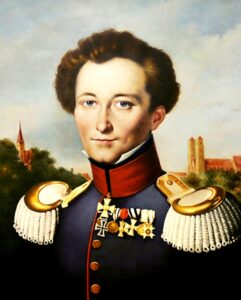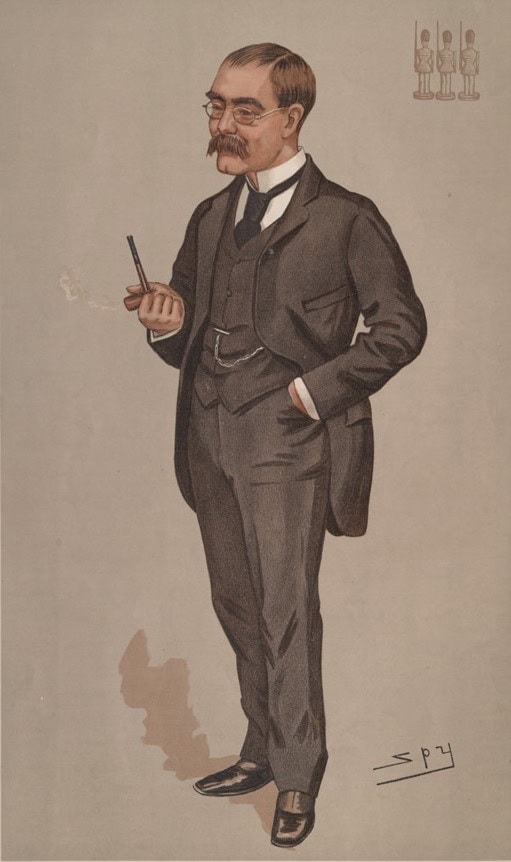
Carl von Clausewitz was a Prussian general and military theorist whose writings on the political and psychological aspects of waging war have influenced politicians and military leaders for almost two centuries. The most famous quote from his seminal work, About War, is that “War is merely the continuation of politics by other means”. He also introduced the term ‘fog of war’ to describe the uncertainty in situational awareness experienced by participants in military operations. We can all relate to these unsettling feelings when placed in stressful situations even if not under fire.
Like many military leaders he was acutely aware of the need for planning but recognised that “The enemy of a good plan is the dream of a perfect plan.” In many respects, military operations are like projects, in that they are often unique combinations of men and materiel created to achieve a particular objective and disbanded when it is either completed or abandoned.
We can learn from his views on starting a war.
No one starts a war – or rather, no one in his sense ought to do so – without first being clear in his mind what he intends to achieve by the war and how he intends to conduct it.
Projects can be thought of in exactly the same way. The need for absolute clarity on the purpose of a project is paramount and this should be enshrined in a project vision or Vision Scope statement. During difficult moments in a project, it is worth stepping back and asking the question, ‘What is that we are attempting to achieve and how is the current situation or decision that needs to be taken going to help us achieve this?’ One practical way to determine whether a capability or item is needed is to refer to a set of requirements which have been prioritized according to a MoSCoW analysis (“Must have”, “Should have”, “Could have”, and “Won’t have”). This should enable you to decide on what is essential and what is merely a ‘Nice to have’.
von Clausewitz’s second point about being clear how you intend to conduct a war works for projects as well. Many a project has failed for lack of foresight and the temptation to resort to JFDI methodology or ‘we’ve done this sort of thing before so we will use the last project plan as a template’.
